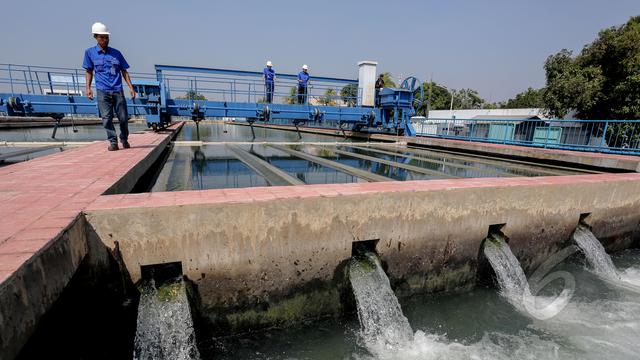Project Details
Social Safeguard, LARAP and Gender-Responsive Analysis for Raw Water Intake and Transmission Systems (Kertasari & Jatigede in West Java; Lau Simeme in North Sumatra)
Within the programme to strengthen raw water supply infrastructure in Indonesia—covering the Kertasari system (West Java), the Jatigede Stage II system (West Java) and the Lau Simeme reservoir / transmission system (North Sumatra)—this consultancy provides independent social safeguard, land acquisition and livelihood-restoration planning support. The assignment includes a comprehensive survey and analysis of affected land and assets, preparation of the LARAP and DPPT documents, gender-responsive analysis of community and household impacts, stakeholder engagement, asset/crop inventory (IOL), and grievance redress mechanism design.
Methodology combines field verification, demographic and socio-economic data collection (with gender-disaggregated indicators), mapping of land-use and ownership, assessment of community impacts of infrastructure intake and transmission works, and formulation of mitigation and restoration measures aligned with both Indonesian regulatory framework and international safeguard standards (for example, Asian Development Bank Safeguard Policy Statement).
Outputs include:
-
Detailed LARAP reports and a DPPT (Land Acquisition Planning Document) for each system (Kertasari, Jatigede, Lau Simeme)
-
Gender-responsive analysis report integrating the impacts on women, vulnerable groups and decision-making processes at household level
-
Stakeholder engagement and grievance redress mechanism framework
-
Socio-economic baseline and inventory of losses (land, buildings, crops)
-
Strategic recommendations to support safe, equitable and sustainable implementation of the raw-water infrastructure investments
This work supports the aim of ensuring that the raw-water intake and transmission systems are not only technically and financially viable, but also socially responsible—ensuring fair compensation, livelihood restoration, gender equity, community participation and minimal negative social impacts.

